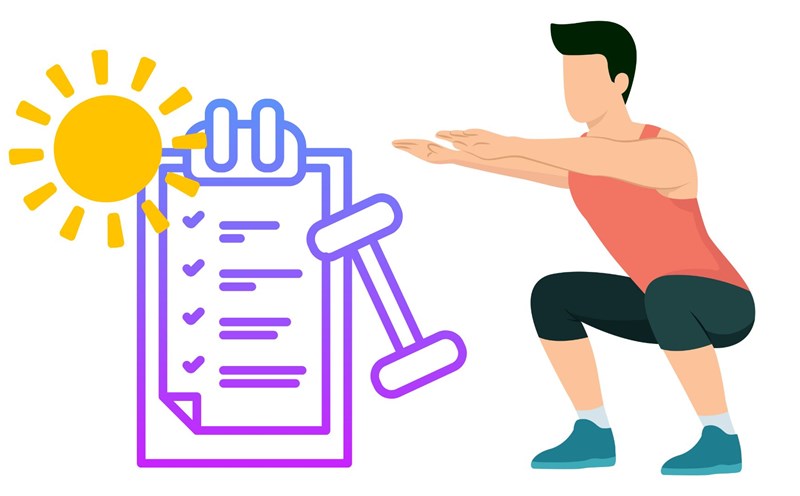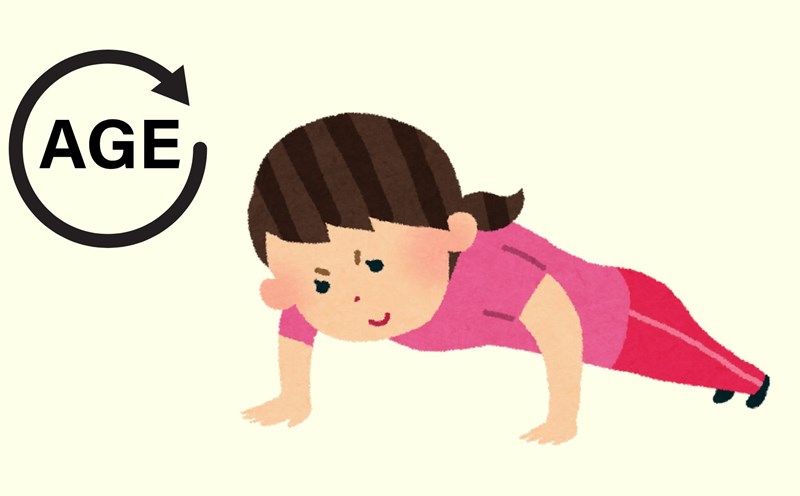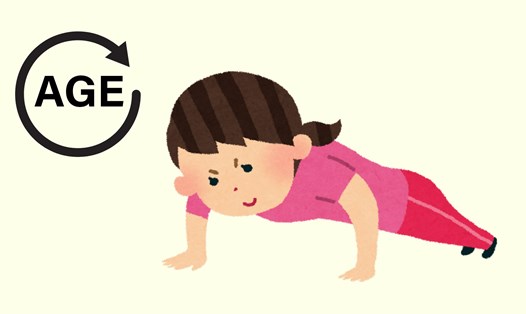Although exercise is an important habit that helps improve physical and mental health, overtraining has many potential serious risks. Many people often think that the more they exercise, the better the results, but in fact, not getting enough rest and exercising too much can cause damage to the body, hormonal disorders and a decline in the immune system.
Increased risk of injury
When you do not give your body enough time to rest, your muscles, joints and tissues will become weak and vulnerable. Exercising at high intensity or too often can lead to injuries such as as conductal pain, tendinitis or muscle strain. Rest is a way for your body to recover and avoid serious damage.
Hormonal disorders
Excessive exercise increases the hormone cortisol, a stress hormone. Prolonged high cortisol can cause insomnia, metabolic disorders, and difficulty building muscle. Especially for women, overtraining can cause irregular periods or amenorrhea.
Weakened immune system
Moderate exercise helps boost immunity, but too much exercise will weaken the immune system. When the body does not get enough rest, you are susceptible to illnesses such as colds, sore throats, flu and prolonged fatigue.
Mental and emotional exhaustion
Exercise helps improve your spirit, but overtraining causes neurological stress, making you worried, tired and lose energy. This can also easily make you feel pressured, un motivated or even addicted to exercise.
Bad effects on sleep
Many people think that exercising more will make them sleep better, but in fact, exercising too much can cause insomnia, anxiety and reduce sleep quality. Poor sleep will make you tired, reduce exercise performance and affect your long-term health.
Note
Exercising is good, but proper rest is the key to keeping you healthy and improving. Listen to your body, don't push yourself too much. Balancing between exercise, rest and nutrition will help you achieve good results while still protecting your health.











